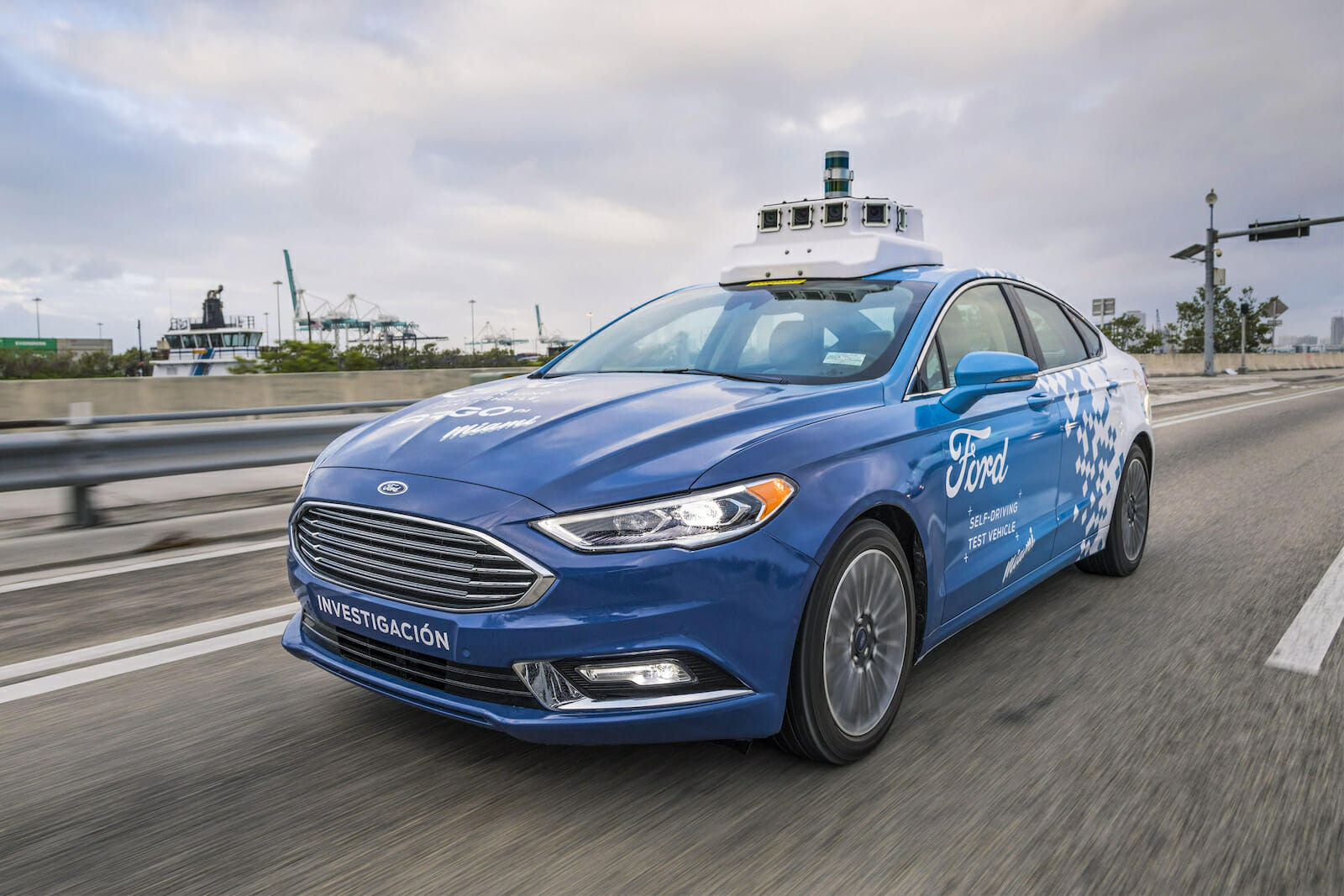
Tech
Shifting Gears: Autonomous Vehicles Drive Auto-related Industries in a New Direction
The future is here. Or, it’s on the way, at least.
For years, autonomous vehicles have been featured in television and film. Cars like the Batmobile or the car from The Incredibles flash across screens big and small, appearing distant from the present. Their capabilities seem futuristic, yet they are in development today at many automotive manufacturers.
Though self-driving cars are years from being commonplace, companies are already preparing for the major cultural shift coming when autonomous vehicles arrive. According to the Department of Transportation, there are 269 million licensed vehicles in the United States, and such a large-scale change needs to be set in motion far in advance.
As a result, many auto-related companies are evaluating their business models to ensure their continued profit. Mark Breading, a partner at Strategy Meets Action, said the technological developments over the past few years has caused companies to think about these issues.
“The move to autonomous vehicles is something that’s happening over time,” Breading said. “It’s still going to be a long time before most of the vehicles on the road are fully autonomous, but in the meantime more features are bringing vehicles closer to being fully automated. Insurers are doing a lot of investigation into the direction things are moving and how that affects their risks.”
With approximately 37,500 people killed in auto accidents in 2016, according to the United States Department of Transportation, insurance companies are heavily involved in the automotive industry. When self-driving cars are introduced, however, the issue of liability and payment becomes more complicated due to the nature of the vehicle.
“If a vehicle is completely autonomous, accidents and insurance rates might go down dramatically, but they will still occur, and it becomes more complicated, because the manufacturer is responsible for their product,” Breading said. “Companies like Tesla have said they’ll take on the risk, but there are other parties involved. They all have a role in the creation and running of the vehicle, and it could be their responsibility if their piece of the puzzle is what causes the accident.”
Due to this conflict, insurance companies are beginning to explore potential partnerships with manufacturers and other companies for mutual success. Teresa Scharn, Associate Vice President of Personal Lines Product Development at Nationwide, said a shift to product liability over personal liability would affect insurance companies’ business models.
“We are building plans to make sure that we’re making the changes now that will make us successful 20 years from now,” Scharn said. “We are actively in discussions with multiple top vehicle manufacturers to build an understanding of how vehicles and insurance are going to change. That will shift over time, but we want to work to define it with vehicle manufacturers as it happens so we can be ahead of it and work to create products and solutions for customers.”
In addition to the partnerships, insurance companies are also looking to shift their potential products for customers.
“For a while, the increase in cost of repairs for autonomous cars will offset the decrease in accidents, but when that ends, the cost of insurance will go down dramatically,” Scharn said. “We’re working to figure out what we need to do to prepare for that to ensure our success long-term through product liability coverage and cyber risk coverage.”
Cars.com founder Bill Swislow said these problems also affect the car sales industry. Sales companies have seen the potential effects self-driving cars could cause, and started finding ways to stay involved in the car-buying process.
“In theory, you could use your existing car to shop for your next car, because all the data collected would show which features you actually used,” the Northwestern University teacher said. “We wanted to be part of that, instead of having the manufacturers dominate the field. For that to succeed, a company would need a placement with the manufacturers.”
Sheryl Connelly, futurist at Ford, said this disruption might have an economic impact due to decreased labor costs for transportation.
“10 years ago, nobody thought the technology industry could be a partner, much less a competitor,” Connelly said. “Companies like Google have changed that.”
This increasing independence from other once-necessary parts of the industry also hints at another potential trend: fleets of shared autonomous cars. Steps have already been taken in this direction, with partnerships between ridesharing companies and manufacturers—such as Uber and Volvo—introducing self-driving cars into the field. Connelly said this future may benefit sales, as increased usage would cause more wear on vehicles and therefore a faster turnover for new cars.
The pairing is not without its flaws, however. According to The New York Times, an autonomous Uber struck and killed a biker in Arizona this March. The car was part of a test fleet the company launched in Tempe in February 2017, but after the accident, any use of self-driving vehicles by the company was suspended.
“Fleets of self-driving cars wouldn’t just disrupt the car sales industry, they’d affect everything around it,” Swislow said. “It would change the entire economy. It would be efficient, because the cars would have a higher utilization rate, but if they stop buying cars, our business would be threatened.”
As companies work together to anticipate this change, liability within the partnership is also called into question. David Freilich, former General Counsel for Volvo, said that most agreements will contractually outline the limits of the relationship.
Though the companies will work to define their roles in the field, discussions of liability will be truly decided upon by legislation and the court system.
“The issue of liability is something that will ultimately be decided by legislators,” Freilich said. “The law is always changing based on technology, and we’ll see it adapt to different levels of autonomous vehicles as they become more accessible.”
Though these partnerships seem to be the best move for companies, Swislow said the introduction of autonomous vehicles is so unpredictable, the benefits are not guaranteed.
“When people think about their businesses in the long run and how it will affect them, it’s hard to know what may happen,” Swislow said. “There’s no one sure bet to place, so the smart move seems to be to place multiple. It’s a lot easier to grow a business than to shrink one and survive, and it’s something the industry might be facing soon. That’s going to provide some obstacles for companies.”
Connelly said the benefits of autonomous cars may feel distant, but some features are already implemented in current automobiles.
“The introduction of autonomous vehicles won’t be a light switch moment,” Connelly said. “The technology exists, but bringing it to market will be the biggest hurdle. There could also be a lot of unintended consequences.”

